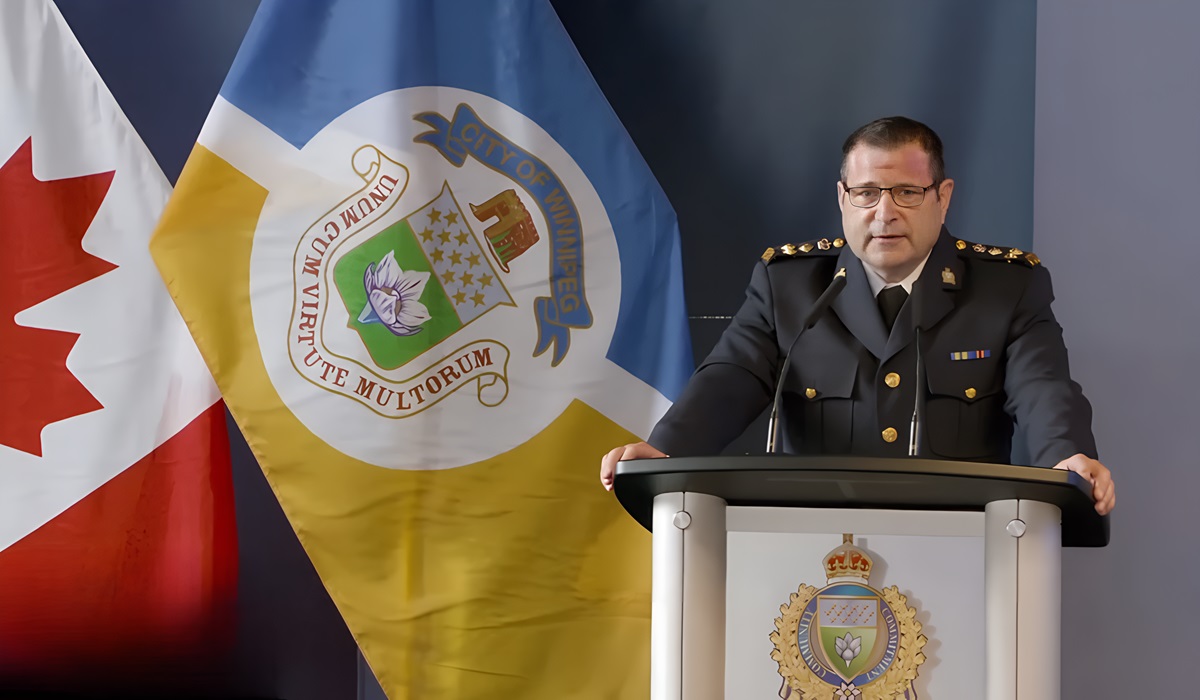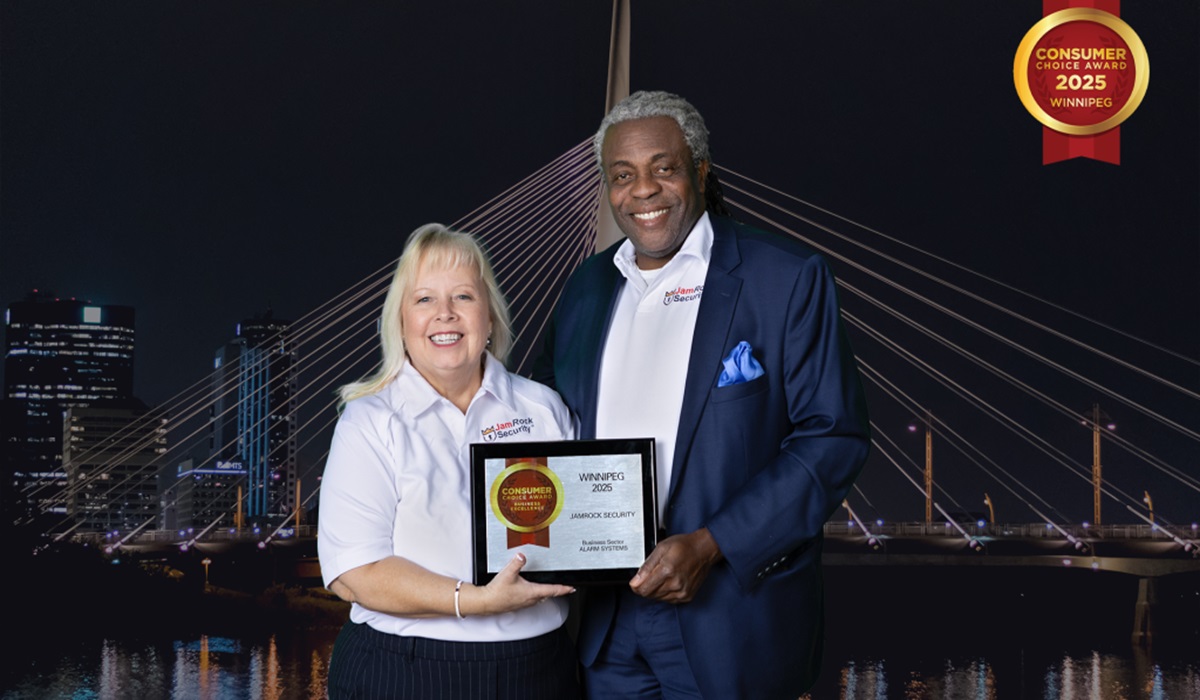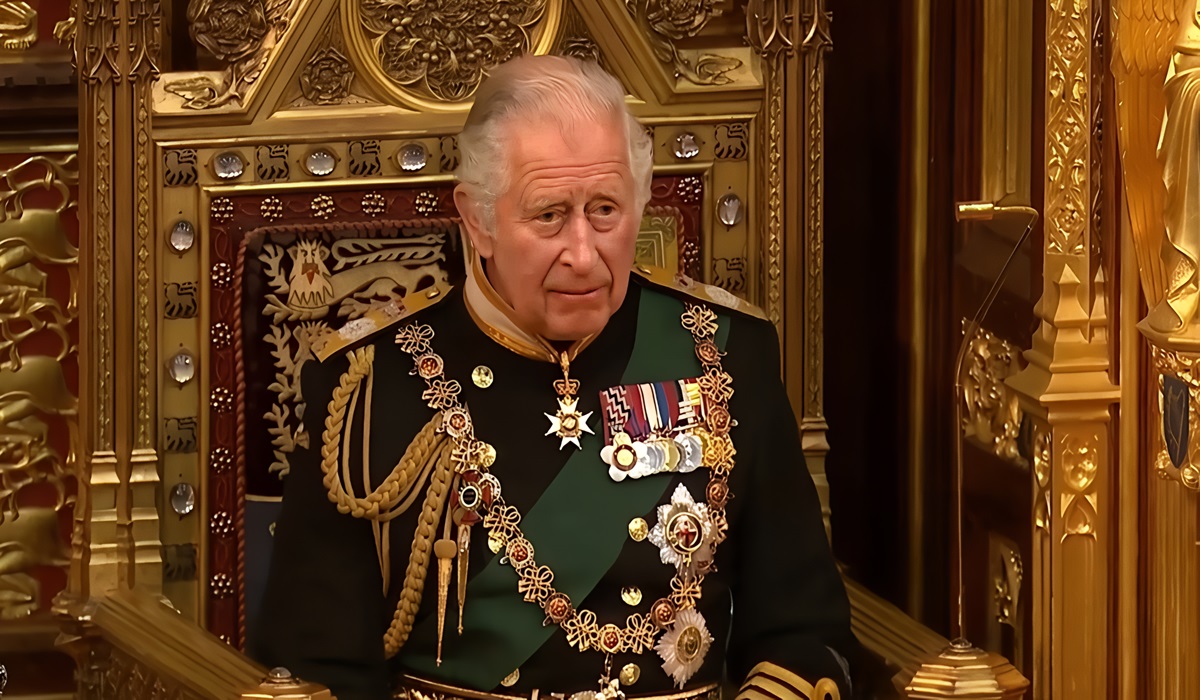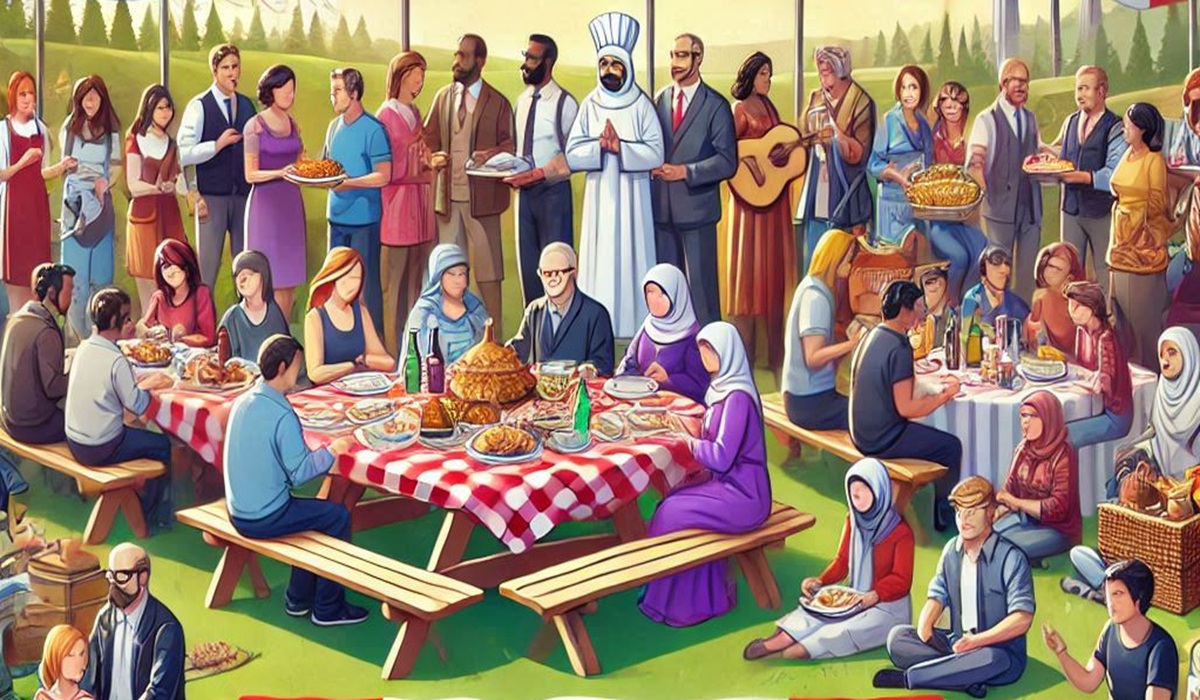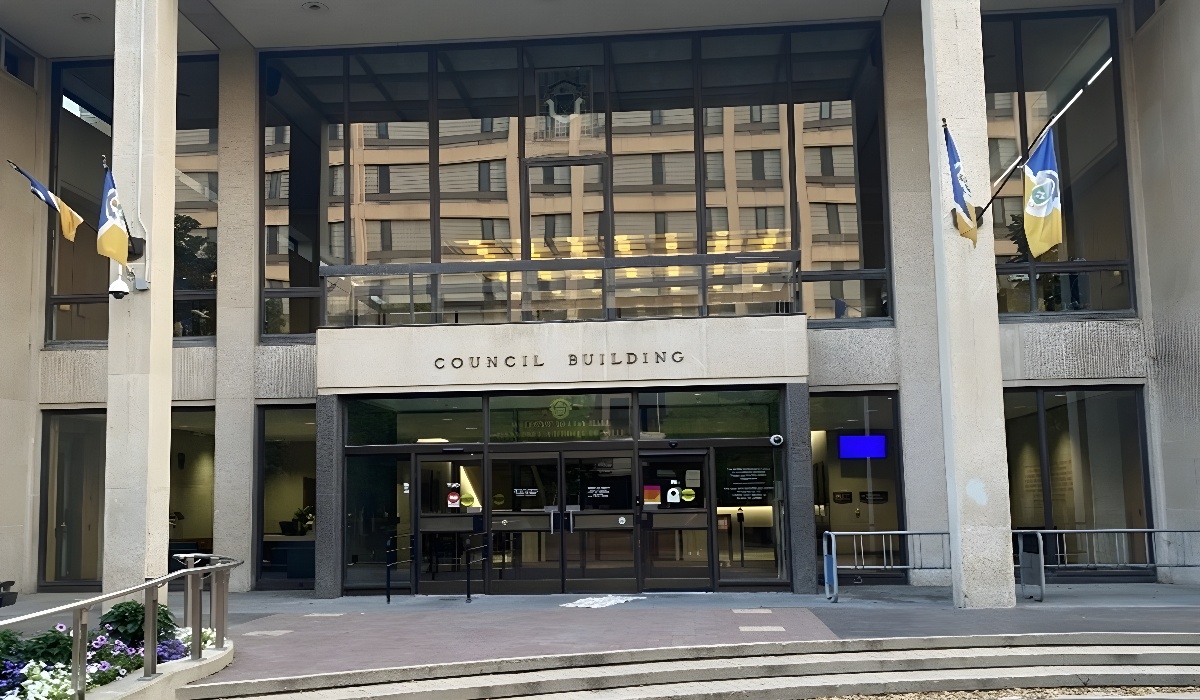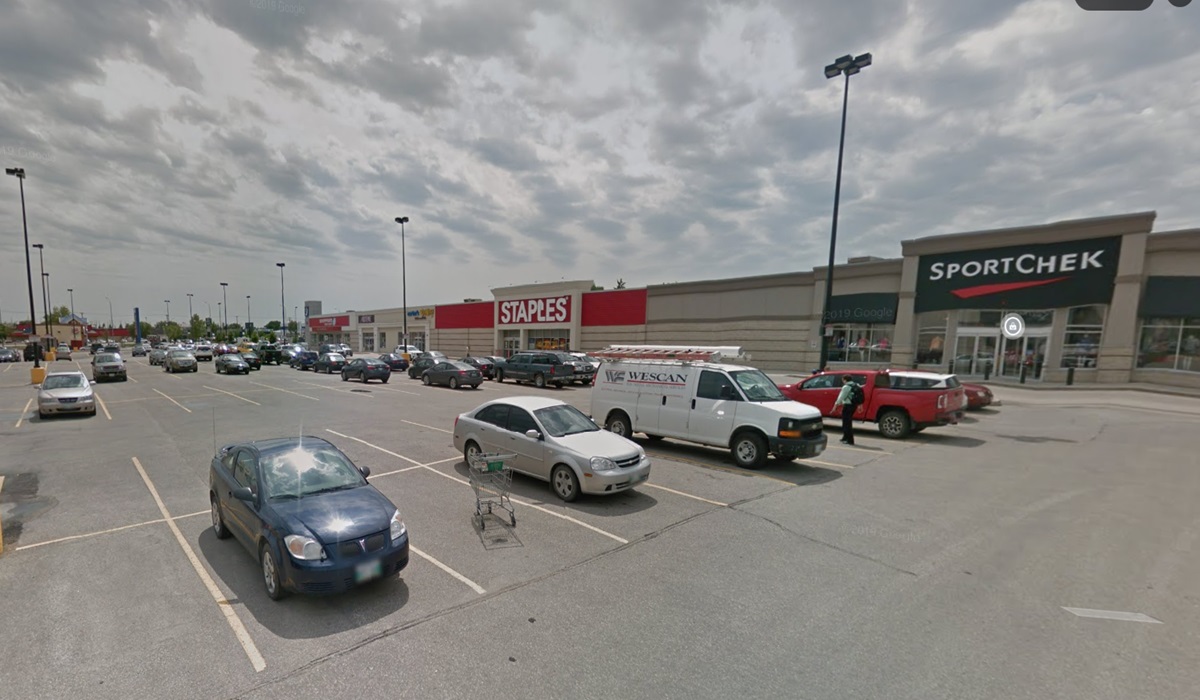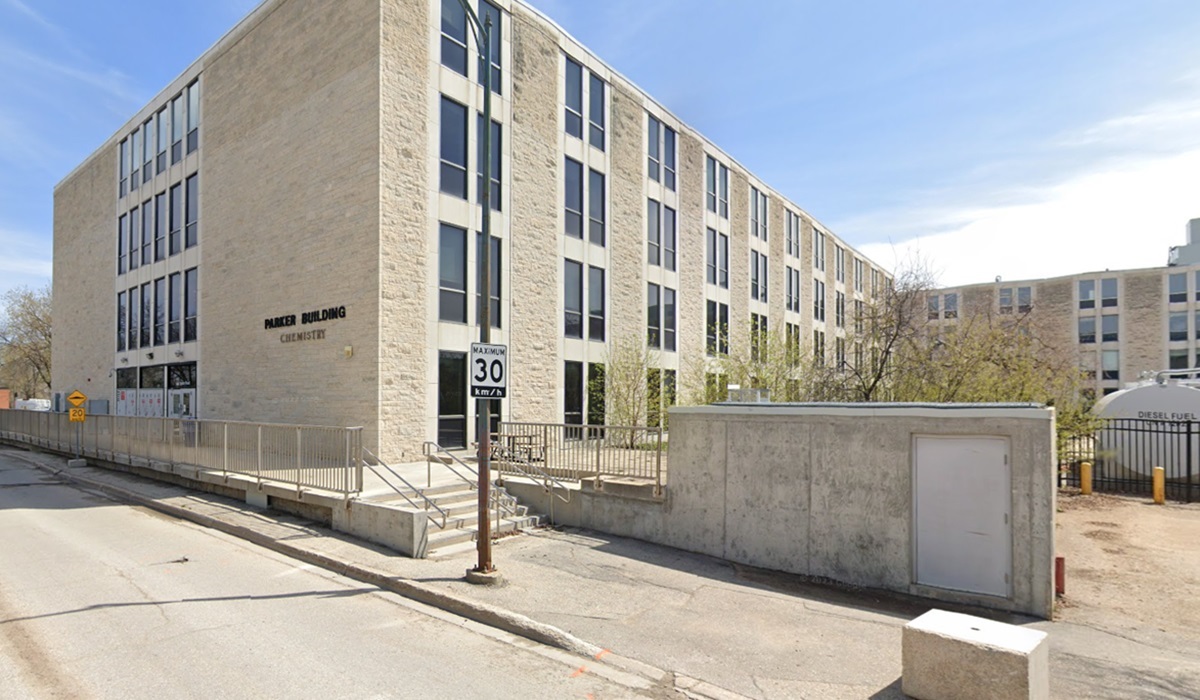The Landfill Search Was Never Just About Remains — It Was About Humanity
- Kingston Bailey
- Western Canada
- March 28, 2025
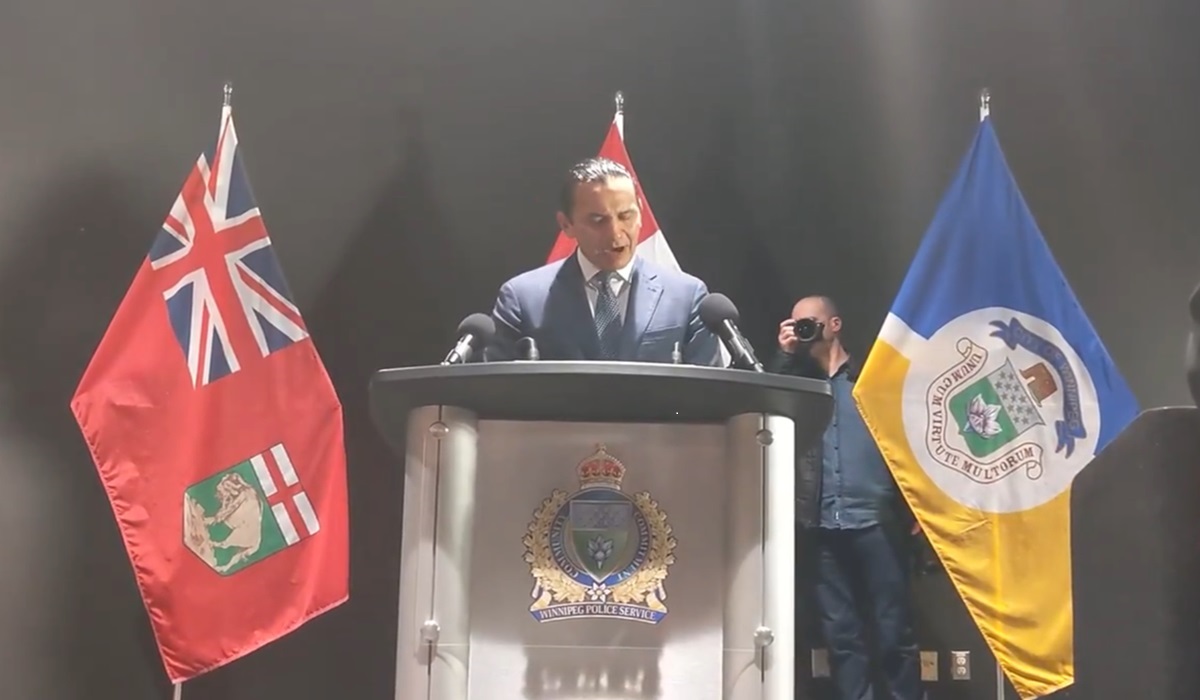
Manitoba Premier Wab Kinew, honours Mashkode Bizhi’ikwe
It has been days now since the Winnipeg Police confirmed the identity of Mashkode Bizhi’ikwe—Buffalo Woman—as 30-year-old Ashlee Christine Shingoose of St. Theresa Point Anisininew Nation. Her name, like the other three women whose lives were taken by Jeremy Skibicki, now echoes across Manitoba not just in headlines, but in honor songs, in vigils, and in the haunting silence of communities still waiting for justice.
The confirmation of her identity—after years of heartbreak, public outcry, and official silence—was never going to be enough. Because this was never just about identifying remains. It was about whether our systems are capable of treating Indigenous women with the dignity they deserve in both life and death. It was about whether Manitoba and Canada could rise to meet this moment with humanity.
Ashlee’s story, like those of Morgan Harris, Marcedes Myran, and Rebecca Contois, has become a symbol of something deeper. The effort to search the landfill was not just a forensic question—it was a human one. A cry from families, communities, and advocates that these women deserved more than statistics, more than silence, more than to be thrown away and forgotten. They deserved to be brought home.
And yet, for far too long, authorities resisted. The decision not to search for Morgan and Marcedes ignited rage and despair. It was a decision that carried consequences far beyond the courtroom. It was a declaration—intentional or not—that some lives are not worth the effort. That some families must be told to grieve without closure. That some tragedies are too inconvenient to confront.
But the songs sung in honour. The community leaders who stood firm. The grandmothers who wept but never stopped calling for action. All of them understood what this moment really required. Searching a landfill isn’t just about recovering remains. It’s about restoring humanity. It’s about making sure that justice is not just something spoken in courtrooms, but something lived and practiced in how we treat each other.
The painful truth is that we should never have arrived at this point. Ashlee should still be alive. All four women should be alive. But the failure to act earlier—when families begged for landfill searches, when communities demanded accountability—will always hang like a shadow over this province.
This is about more than one investigation. It’s about a pattern that must end. Indigenous women are not disposable. They are not statistics. They are not cautionary tales. They are daughters, mothers, sisters, warriors, artists, storytellers—people with dreams and histories. And every time one goes missing, every time one is killed, we lose more than just a life. We lose a thread in the fabric of our shared humanity.
Let the honoring songs continue. Let the hard decisions finally be made. Let no family be told again that their daughter isn’t worth finding. Let this be the moment when we finally say: enough. Not just in words, but in action. The safety of Indigenous women must be a national priority, not a public relations problem. Anything less is complicity.
This time must be for healing—but healing demands truth, accountability, and real protection. Not someday. Now.

